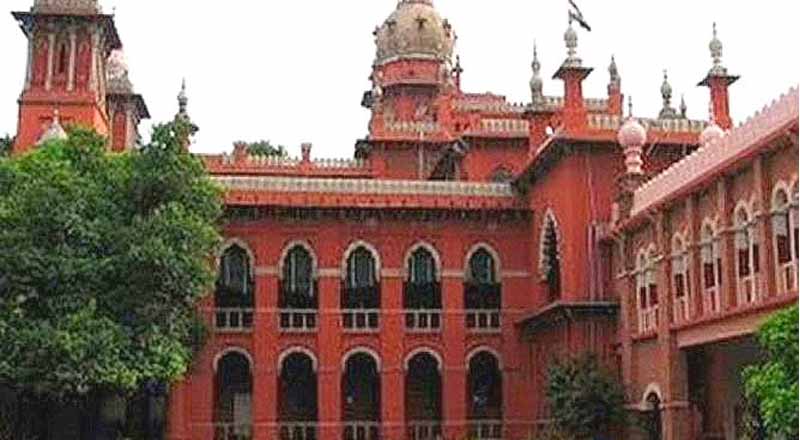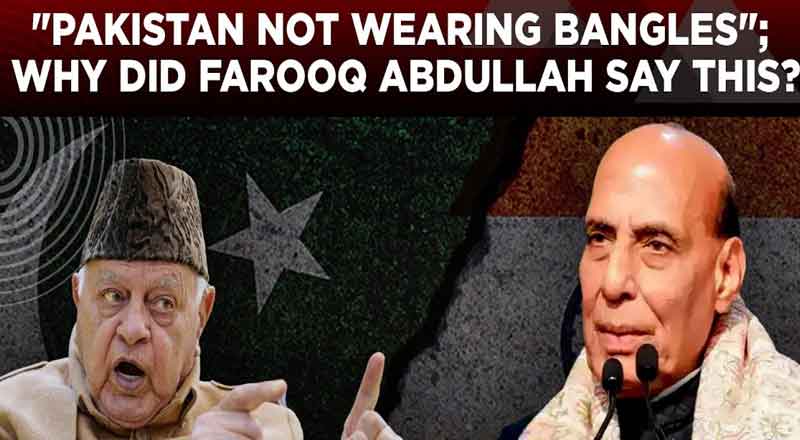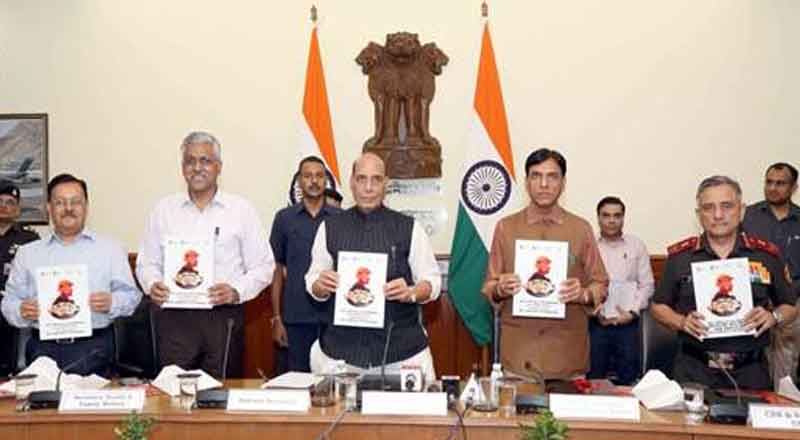The Madras High Court questioned the Centre’s preparedness in relation to the management of the COVID-19 pandemic and asked what it was doing for the last 14 months. However, the Centre should have acted in an informed and planned manner rather than taking ad-hoc measures, stressed the court.
“Why are we acting only now in April, though we had one full year?” the Madras HC asked. The HC made the observation when it was told the second wave was “unexpected”. Asked a division bench of the High Court while hearing the suo motu plea moved by the court.
The division bench of Chief Justice Sanjib Banerjee and Judge Senthilkumar Ramamoorthy made the observations when the counsel for the central government Additional Solicitor General Sankaranarayanan submitted the list of measures taken by the Centre to contain the spread of the second wave of the COVID-19 pandemic.
The High Court was hearing a suo motu public interest litigation petition related to availability of hospital beds, oxygen, drugs and vaccination against the infection.
During the hearing, the state contended that there is no necessity for a lockdown on May 1 before the counting day. “Being a public holiday and also the first day of vaccination for people who are above 18, we have decided to close all the meat and fish stalls that attract crowds,” he added.
The bench also appealed to all political parties not to have any mass congregations or celebrations at the time of counting to avoid the spread of COVID-19.
Banerjee questioned the solicitor general about the vaccine pricing and said he saw reports about the government’s CoWin portal crashing soon after registration for inoculation opened up for all adults in India. He said the bench will address these aspects in the case on Friday.
On April 26, Banerjee and Ramamoorthy had said that the Election Commission should be booked on charges of murder for allowing poll rallies to continue despite the country struggling to cope with the sheer number of Covid cases and deaths. “Your institution is singularly responsible for the second wave of the pandemic,” the judges had observed.





